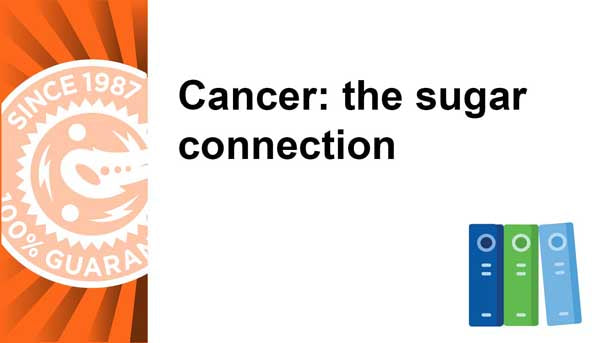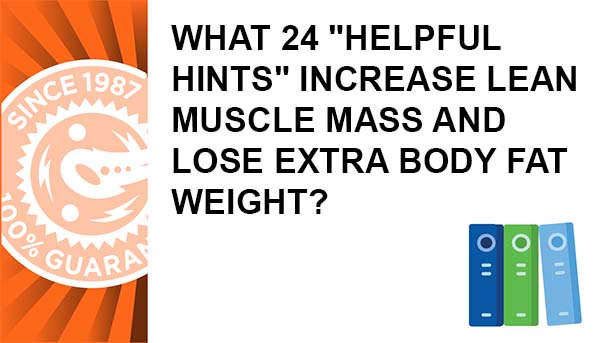
Bad idea!
BY STEVE BORN
Courtesy of an article written by a registered dietician, one practice now being considered, and even adopted by many athletes, is to " . . . increase sodium in the diet by preloading 3-4 grams of sodium about 12 to 24 hours before the race."
What is bothersome about this recommendation is that one would think that a registered dietician ought to be well-versed on the health consequences of a high-sodium diet (which the overwhelming majority of Americans consume). Yet this particular person advocates additional sodium in the diet prior to a race. The question is: "Is this a safe and healthy practice?"

A number of references are provided in the article, apparently to solidify these recommendations:
1) Eichner, E.R. "Genetic and Other Determinants of Sweat Sodium." Current Sports Medicine Reports 7.4 Supp 1(2008): 236-S40.
Comment: Our interpretation of Eichner's statements/ conclusions is that the more sodium in the pre-event diet, the more plasma aldosterone level is suppressed, resulting in a higher rate of sodium loss in sweat during the event. Our position is that suppression of aldosterone prior to events by increasing sodium intake is counterproductive to keeping natural body homeostatic controls in the healthy norm range, which means consuming a low sodium diet of under 2,300 mg daily.
Bottom line: More sodium in the diet equals more sodium lost during exercise.
2) Murray, R. and L. Kenney, "Sodium Balance and Exercise." Current Sports Medicine Reports 7.4 Supp. 1 (2008): S1-S2.
Comment: Our position is that over 2,300 mg/day results in harmful consequences to health proportionate to predisposed individual sensitivity, while a large majority of the human population reacts negatively to> 5,800 mg/day.
Bottom line: Keeping sodium intake levels between 1,500- 2,300 mg/day will support sodium requirements without taxing the aldosterone pathway or the kidney organ's role in homeostasis.
3) Stachenfeld, N.S. "Acute Effects of Sodium Ingestion on Thirst and Cardiovascular Function." Current Sports Medicine Reports 7.4 Supp. 1(2008): S7-S13.
Comment: The human body is constructed to be sensitive in monitoring homeostatic electrolyte balance. This suggests that a consistent intake of small amounts of fluids and electrolytes help to prevent severe deficits of fluids and loss of electrolytes.
How the body controls serum sodium
Aldosterone is a hormone that controls the rate of sodium circulated in the human body. When sodium levels dip too low, via loss in perspiration or urine, aldosterone is released, stimulating the kidney tubule cells to increase reabsorption of sodium back into the blood. In basic terms, the body has a very complex and effective way of monitoring, recirculating, and thus conserving its stores of sodium.
High sodium intake will suppress serum aldosterone, whereas low sodium intake will elevate serum aldosterone. In other words, too much sodium - be it via diet and/ or during exercise - will suppress and neutralize aldosterone's sodium recirculation (and thus sparing) effects, causing more sodium to be lost. Conversely, a low-sodium diet and a more conservative sodium intake - in tandem with other depleting electrolytes - during a workout or race creates an environment where lower amounts of sodium are lost in sweat and urine.
This is also why "sweat rate" figures can be deceiving. You'll find many a coach or researcher stating something to the effect of "I've seen athletes lose up to several grams of sodium during a one-hour training session." That may very well be true for some athletes during such a short-duration bout of exercise, especially if it's under a controlled environment (such as riding a stationary bike in a warm room with no circulating air). However, that doesn't mean that those losses are sustainable hour after hour; again, the body's built-in chemical messengers and hormones (namely aldosterone) help prevent those losses from continuing down the same path. Yes, the body does need sodium replenishment but it has to be an amount that works in cooperation with aldosterone's "sodium recirculation/conservation" effects. A high-sodium diet and/or too-high sodium intake during a workout or race effectively negates aldosterone's desired effects, which means greater sodium losses.
Bottom line: Instead of adopting a recommendation that more and more sodium be added to the already too high and unhealthy amounts in the diet, athletes should focus more on lowering their daily sodium intake. It is almost virtually guaranteed that each and every one of us consumes far more sodium than we need on a daily basis, and the harmful effects of oversupplying the body with sodium above its daily needs is a real and present danger which will compromise optimal health. Lowering your sodium intake in the diet - keeping it in the range of 2,300 mg or less - is not only a more appropriate recommendation/protocol for general health purposes, it will also benefit athletic performance as well. Definitely do not pre-load sodium in the days leading up to a race. HN










